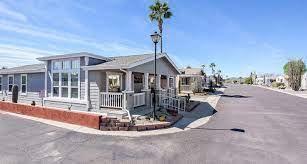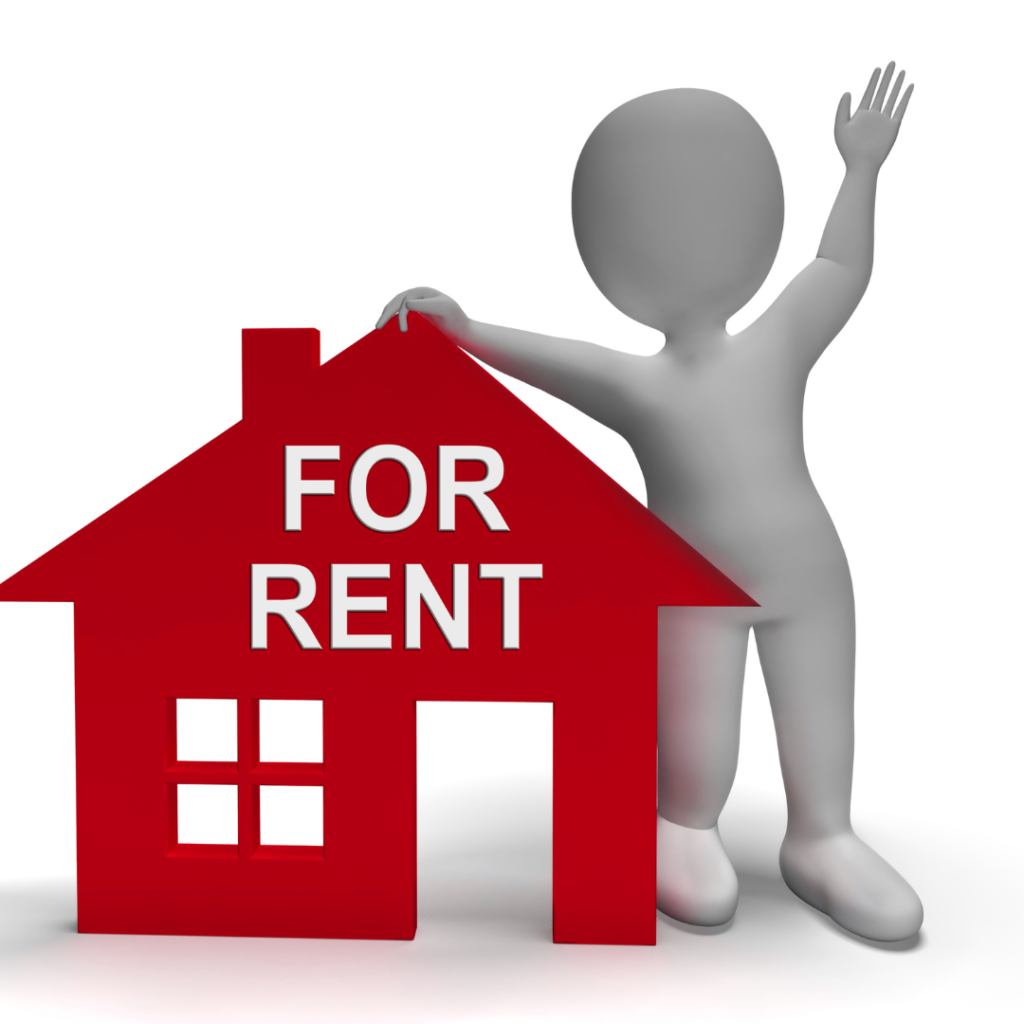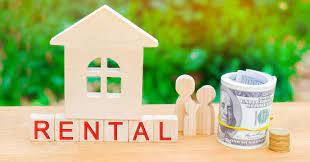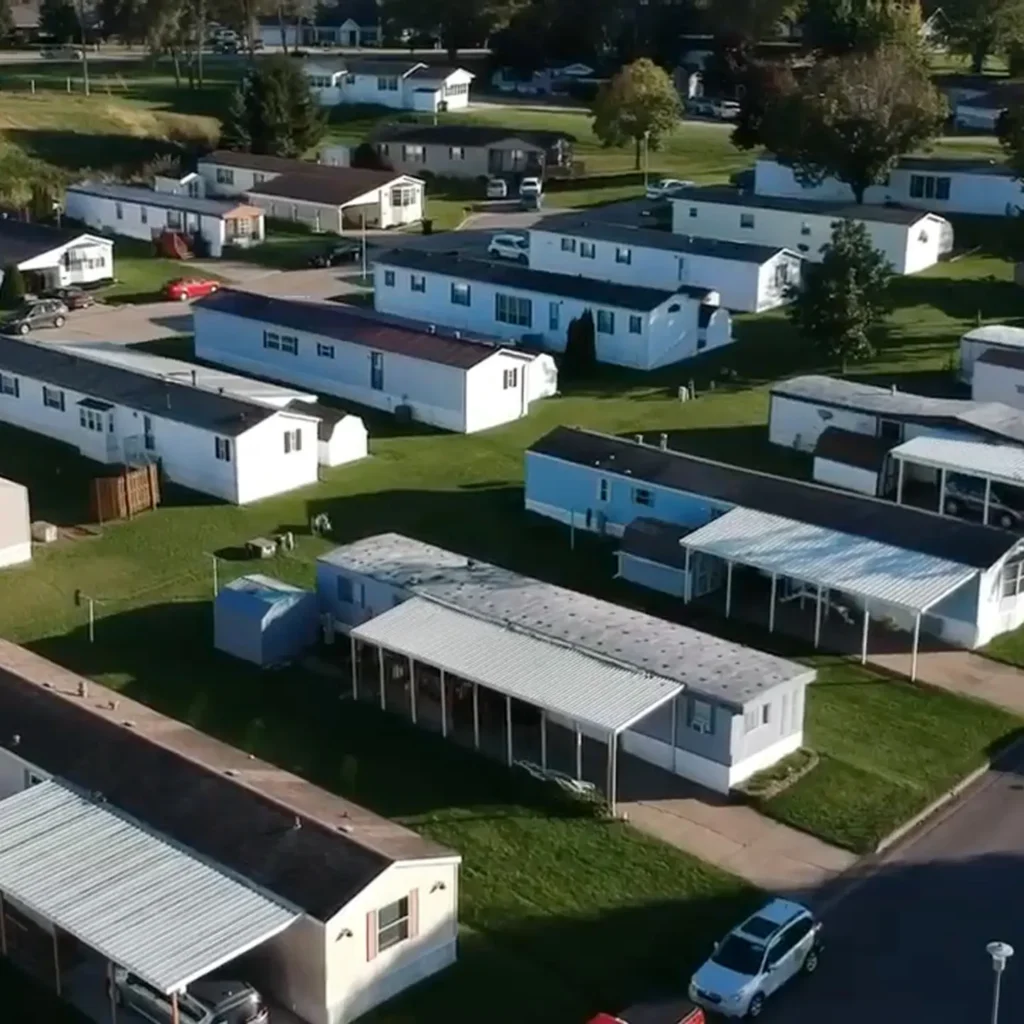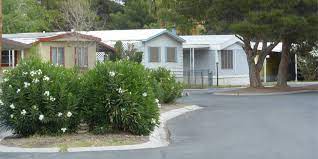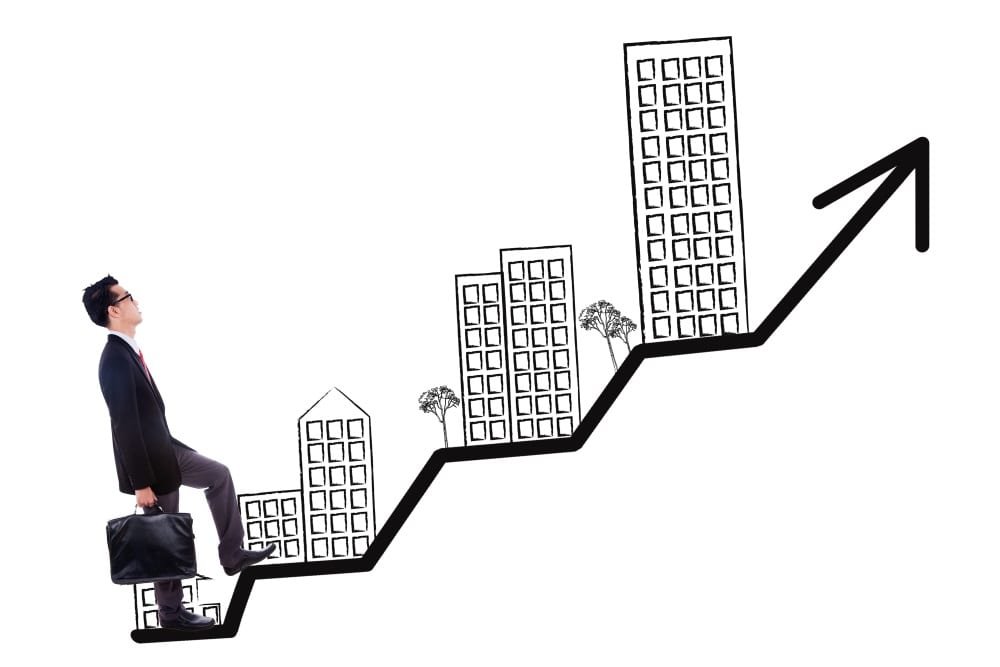For Sale By Owner is this the right move?

Lorem ipsum dolor sit amet, consectetur adipiscing elit. Ut elit tellus, luctus nec ullamcorper mattis, pulvinar dapibus leo.The number one reason for home sellers attempting to sell their homes themselves is to save money or to facilitate a non-conventional arrangement with a buyer for a unique reason. Whatever the motivation, it’s essential to ask yourself these questions to have an overview of what your home sale will entail. If you have questions about selling your home, contact a local agent for a free consultation. Also, don’t be deterred if you don’t like the first one you are in touch with. It’s normal for a seller to “shop around” for the right agent. Buying and selling homes will be one of your life’s most significant transactions, and you and a potential agent should treat it as such.
Have you asked yourself…
1. Do you have the knowledge, time, and sales skills necessary to sell your home?
2. If a potential buyer is making aggressive offers, will you be able to negotiate strategically for yourself?
3. Do you know how to analyze market data and comparable homes to determine the accurate value of your home?
4. Do you know real estate trends that might affect the sale price and timing of selling your home?
5. Do you know how to understand a buyer’s finances and qualifications for a loan?
6. Do you have concerns about letting strangers into your home?
7. Are you knowledgeable enough in real estate contracts to create a legally binding agreement, acquire all the necessary documents and signatures, and include counter-offers according to regulation?
8. Did you know that without a realtor, you take your home off the market every time you leave?
9. Did you know that many professional people and services are required to close the sale, including an escrow and title company, a home warranty company, pest control and inspection services, and a lender? Do you currently have these relationships in place?
10. Do you know if you need a real estate attorney to assist with this transaction, how much it will cost, and how much liability they will assume?
11. Do you have marketing experience, specifically in real estate, and the funds to allocate to your strategy?
12. Did you know that potential buyers might expect you to lower your price because there is no realtor to pay a commission fee?
13. Did you know that there are advantages and disadvantages to the seller depending on which type of loan the buyer chooses?
14. Are you prepared to spend a lot of time during evenings and weekends when it’s most convenient for potential buyers to show your home?
Before you decide to sell your home yourself, consider the benefits a realtor can provide you that you may be unaware of. Because transactions facilitated by a realtor generally sell at 15% higher price points, the benefits you receive for paying your realtor their average 6% commission usually far outweigh the benefits of selling your home alone.


